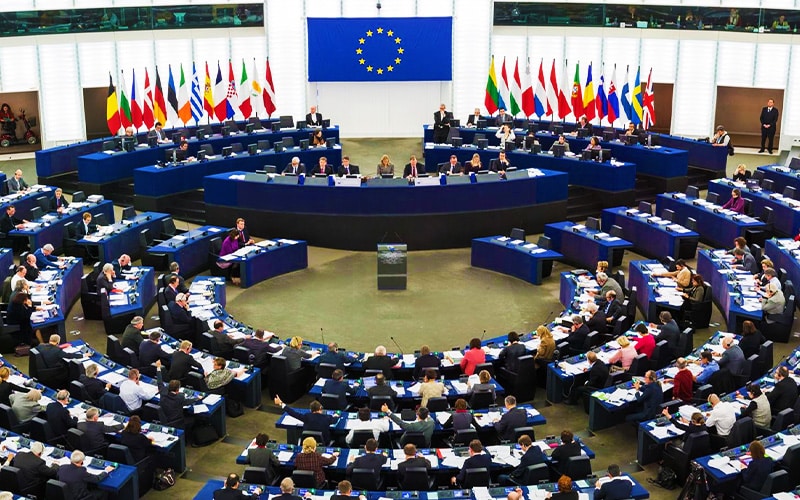The European Parliament has recently passed a significant piece of legislation, the Data Act, with a controversial clause that could reshape the blockchain landscape. The Data Act, approved with 481 votes in favor and 31 against, introduces a mandate for a “kill switch” in smart contracts.
This requirement, pending the European Council’s approval to become law, necessitates that smart contracts can be interrupted or terminated.
Concerns and Implications for Blockchain Innovation
Legal experts Scott McKinney and Laura De Boel from Wilson Sonsini Goodrich & Rosati highlight the potential conflict this requirement poses with the core nature of smart contracts. They point out that the Data Act’s definition of smart contracts is excessively broad, potentially covering programs not traditionally classified as smart contracts.
However, they note that the kill switch requirement might only apply to a subset of smart contracts used in data-sharing agreements governed by the Data Act.
Industry professionals express concerns that implementing a kill switch could introduce a centralized element in decentralized systems.
Gracy Chen from Bitget suggests that this could undermine trust in smart contracts as the potential for external interference or shutdown looms. The Data Act calls for European standardization organizations to draft harmonized standards for smart contracts.
Pavel Matveev of Wirex notes that smart contract deployers must self-assess compliance with these new standards, indicating a shift towards greater regulatory oversight in the blockchain sector.
Arina Dudko of Cex.io draws parallels between the evolving blockchain regulations and historical automotive safety standards, suggesting that while initial resistance is common, such regulations could ultimately lead to safer and more standardized practices in the industry.
The European Union’s Data Act, especially its smart contract “kill switch” clause, sparks debate in the blockchain community. Experts express concerns over smart contracts’ increased costs and potential integrity risks due to new compliance requirements.
This regulatory shift challenges developers to balance innovation with strict legislative standards, impacting the future of blockchain technology.
Also Read: EU Parliament Approves DAC8 For Crypto Tax Reporting






